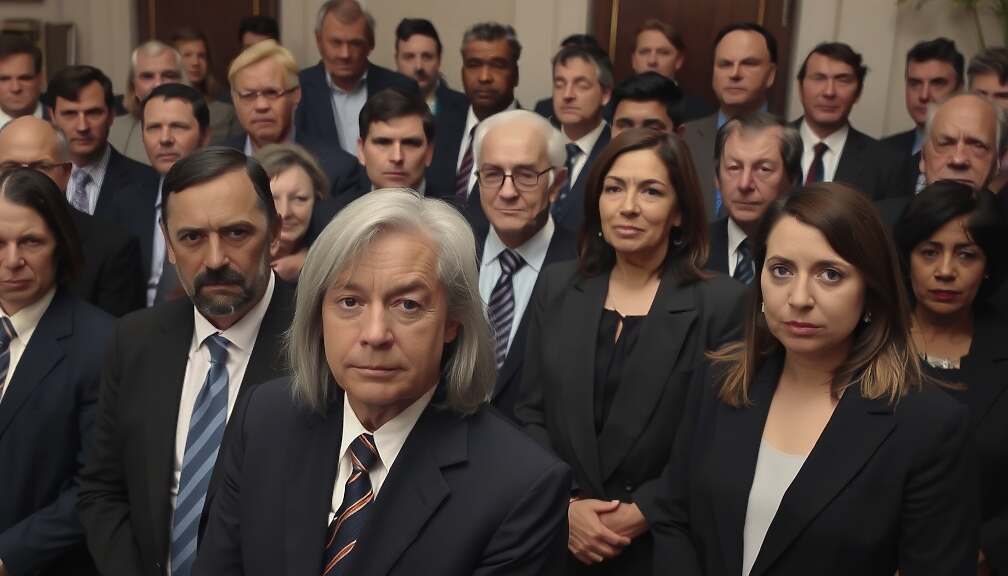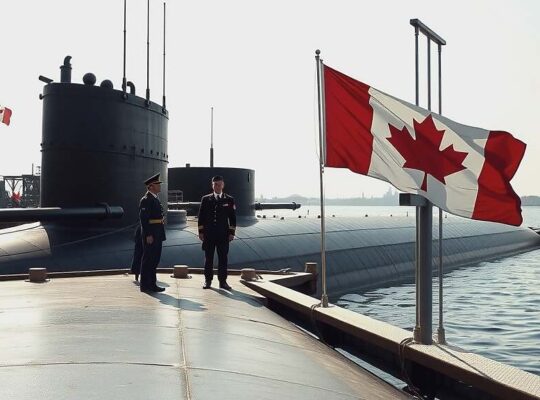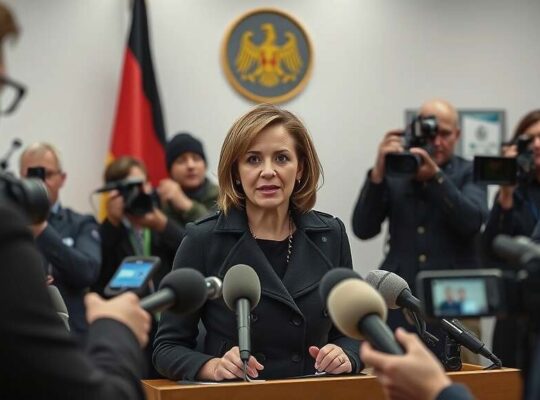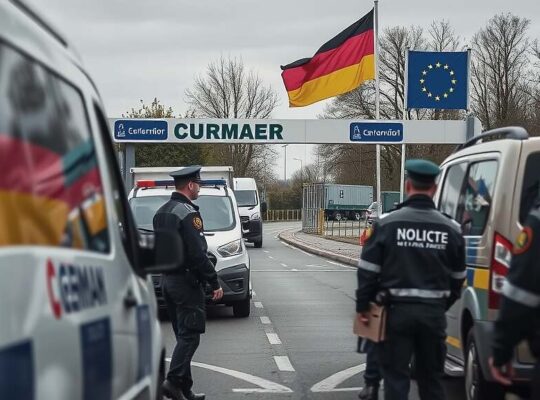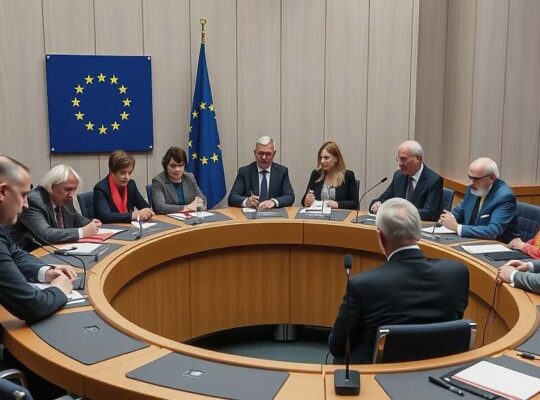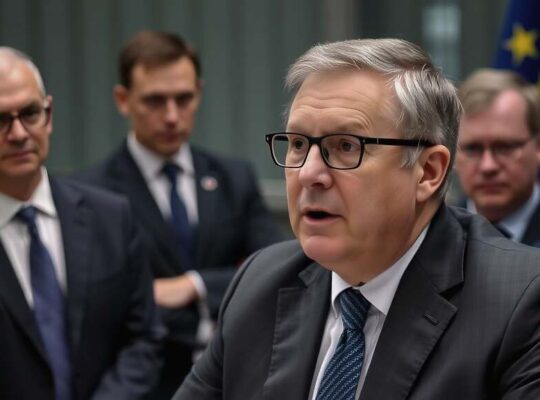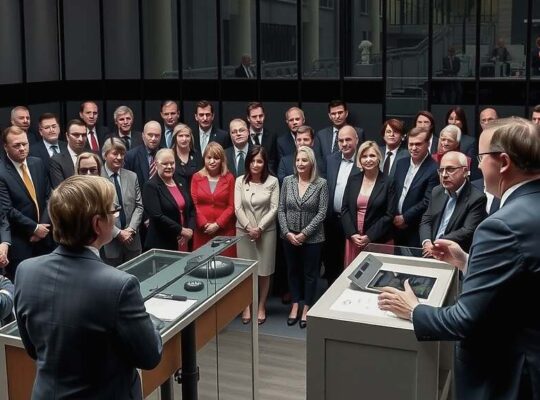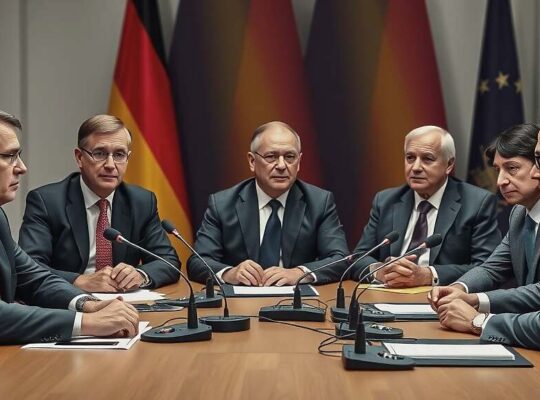A late-night convocation of Germany’s National Security Council, convened by Chancellor Friedrich Merz directly from the G20 summit in Johannesburg, underscores escalating tensions surrounding the ongoing conflict in Ukraine and diverging strategic approaches with the United States. Government spokesman Stefan Kornelius announced the emergency meeting, signaling a degree of urgency rarely seen in German security policy.
The Council’s deliberations, as outlined by Kornelius, focused on Chancellor Merz’s recent dialogues with European and international counterparts. While reaffirming Germany’s commitment to a “fair and enduring peace” for Ukraine, the statement is widely interpreted as a pointed response to a controversial 28-point peace plan recently presented by the US government. This plan, which reportedly circulated within the G20 summit discussions, has faced substantial resistance in both Berlin and among key European allies.
The US proposal, potentially reflecting a return to hard-line negotiating positions under a future Trump administration, reportedly envisions Ukrainian territorial concessions, limitations on military strength and a permanent renunciation of NATO membership. These conditions have sparked significant concern within the German government, who view them as counterproductive and potentially detrimental to the sovereignty of Ukraine.
Sources within the National Security Council suggest the meeting was intended to solidify a unified German position on the matter, emphasizing the importance of maintaining a nuanced and independently-driven approach to peace negotiations rather than adhering to dictates from Washington. While Germany remains a key supporter of Ukraine, the explicit acknowledgment of disagreement with the proposed US plan highlights a growing disconnect and raises questions about the future of transatlantic coordination on security policy. The timing of the convocation, directly following the G20, points to an urgency stemming from the potential for a shift in US policy and the need to proactively shape the narrative surrounding potential peace talks. Critics argue that the move, while demonstrating resolve, risks further straining already complex relations with a crucial ally.


